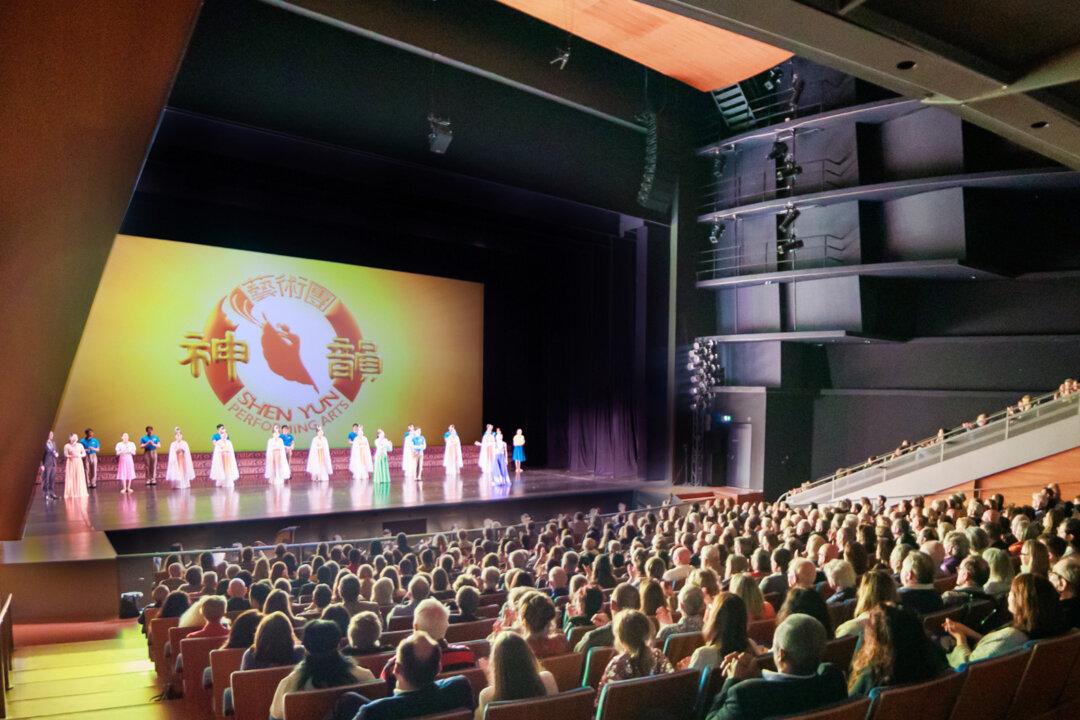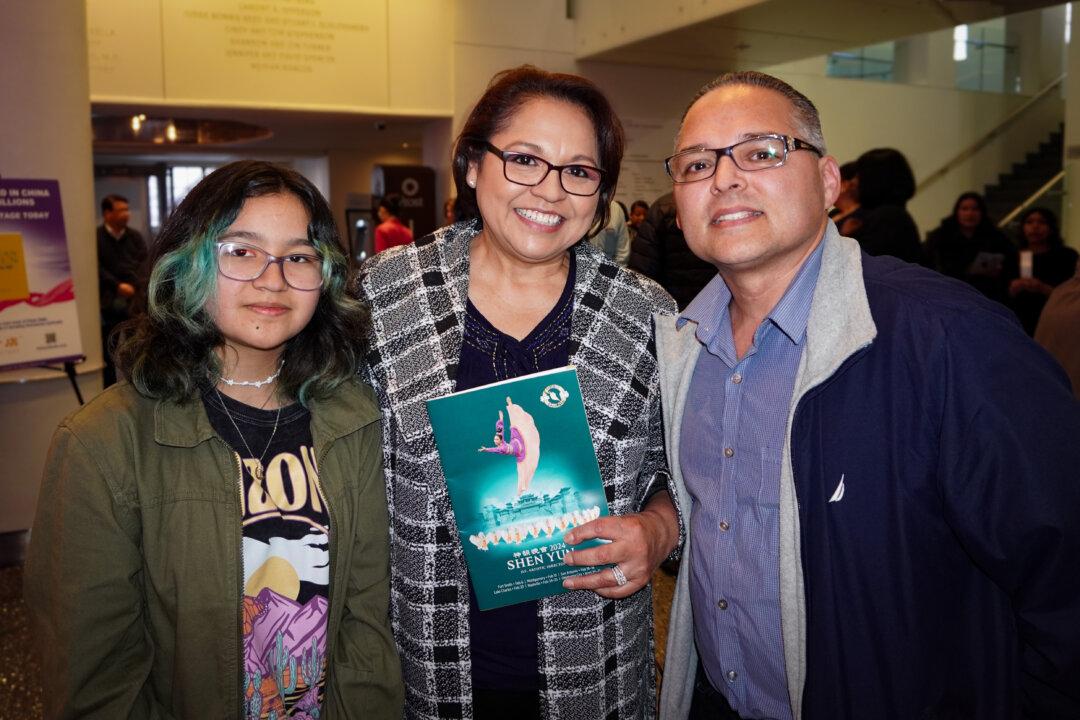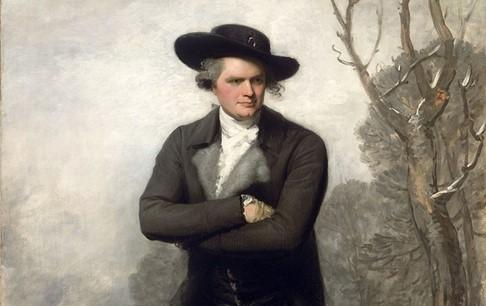MIDDLETOWN—In Argentina, street soccer has taught important life lessons and helped young people avoid violence. An agency in Orange County hopes the sport can work the same magic here.
Jason Wilson of the non-profit Orange County Youth Advocate Program (YAP) brought FuDe (Fundación Fútbol para el Desarrollo) from Argentina to Middletown to show how street soccer builds communications skills.
“We are using soccer as a tool of social transformation,” Wilson said.
Young people ages 13 to 17 from around the county gathered at the Middletown Recreation and Parks Department on Nov. 15 to take part. The Orange County Department of Social Services has contracted with YAP to work with youth in the juvenile justice system and in the welfare system.
We are using soccer as a tool of social transformation
, Orange County Youth Advocate Program





